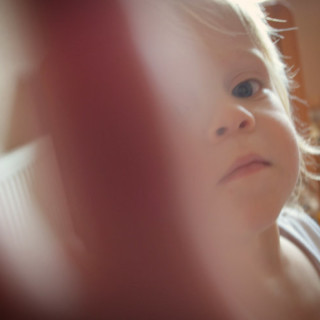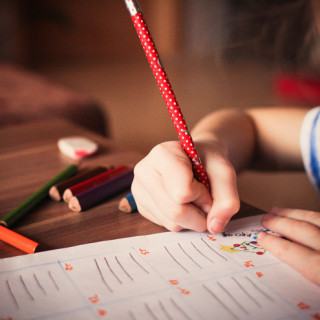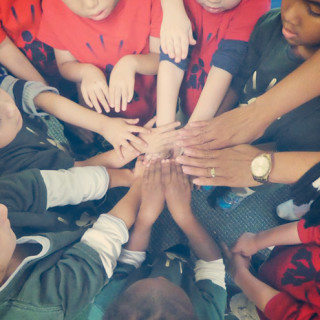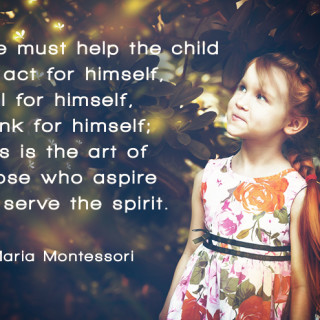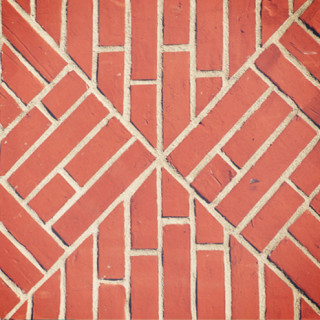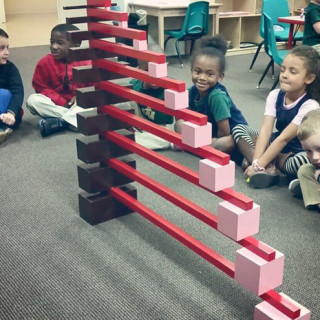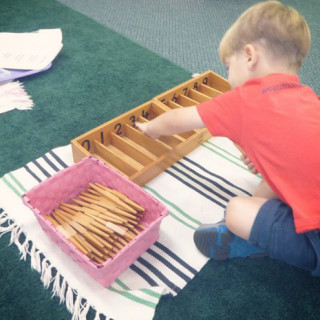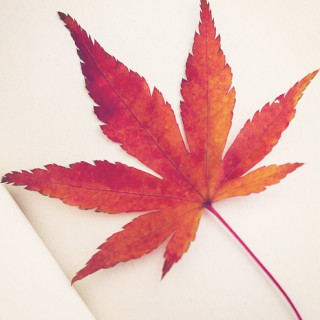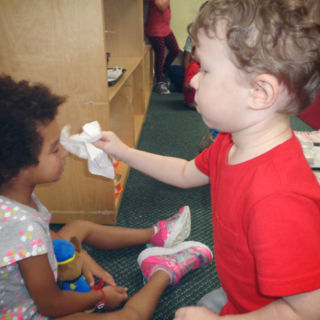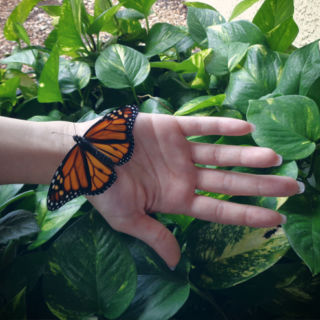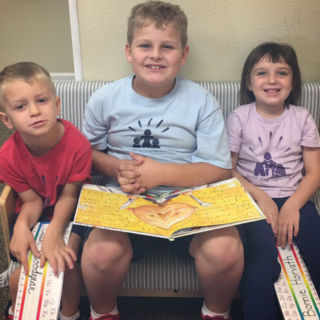Maria Montessori studied children in their environment. She observed that children with physical disabilities limiting one or more of their senses were able to sharpen their remaining senses in order to take in information. She took that knowledge and designed the Montessori classroom and its rich sensory experiences. She purposely intended for each Montessori material…
Words of Wisdom
We teachers can only help the work going on, as servants wait upon a master. — Maria Montessori
Take a new path
Education should no longer be mostly imparting knowledge, but must take a new path, seeking the release of human potentials. — Maria Montessori
Developing Our Next Generation
An eager young lady came by the school last week to pay her respects to Ms. Rohini and the teachers. She had attended our little school twelve years earlier. From time to time previous alumni stop by, so it wasn’t unusual. This confident and poised teen shared with me that she was preparing her college…
Words of Wisdom
Montessori Teaching Principles
Montessori teachers are specifically trained in providing the right mix of support and freedom within limits, allowing each child to grow at their unique rate of development. The teacher functions as a role model, guide, demonstrator, and meticulous observer of each student’s behavior and growth. One important Montessori teaching strategy is called the three period lesson,…
How Do We Give the Child Respect and Dignity?
Published by Parent Coach on May 19, 2014 (http://ageofmontessori.org/respect-dignity/) Maria Montessori had a unique and very special way of understanding the role of a teacher in a child’s life. She diverged from the popular opinion of her day that children should be obedient and learn from the expert adult. Instead, she upheld the belief that…
Math Lessons in our Montessori Classroom
Math begins not with writing numbers, but with hands-on sensorial experiences that build foundational math concepts. Activities such as the number rods, spindle boxes and short bead stair exercise counting, sorting, classifying, ordering, weighing and measuring. After these practical lessons, then quantities and symbols for numbers are represented on paper and practiced in many forms,…
Children’s Work
Do you know what is the most valuable work your child completes in the classroom? It is not their number or alphabet pages, or even writing their name. It is the exploration of their environment: their self-paced internal drive where they thoughtfully choose and also complete their own work. The complete process includes rolling out…
Science in the Montessori Classroom
Our children are naturally curious about the world around them. They love studying astronomy, nature, ecology, physics, and chemistry. Our classrooms and playgrounds are full of hands on materials to let the children explore and ponder. The outdoor classroom contains pumpkin washing, leaf rubbing, and even an insect collection with a magnifying glass. Activities like…
